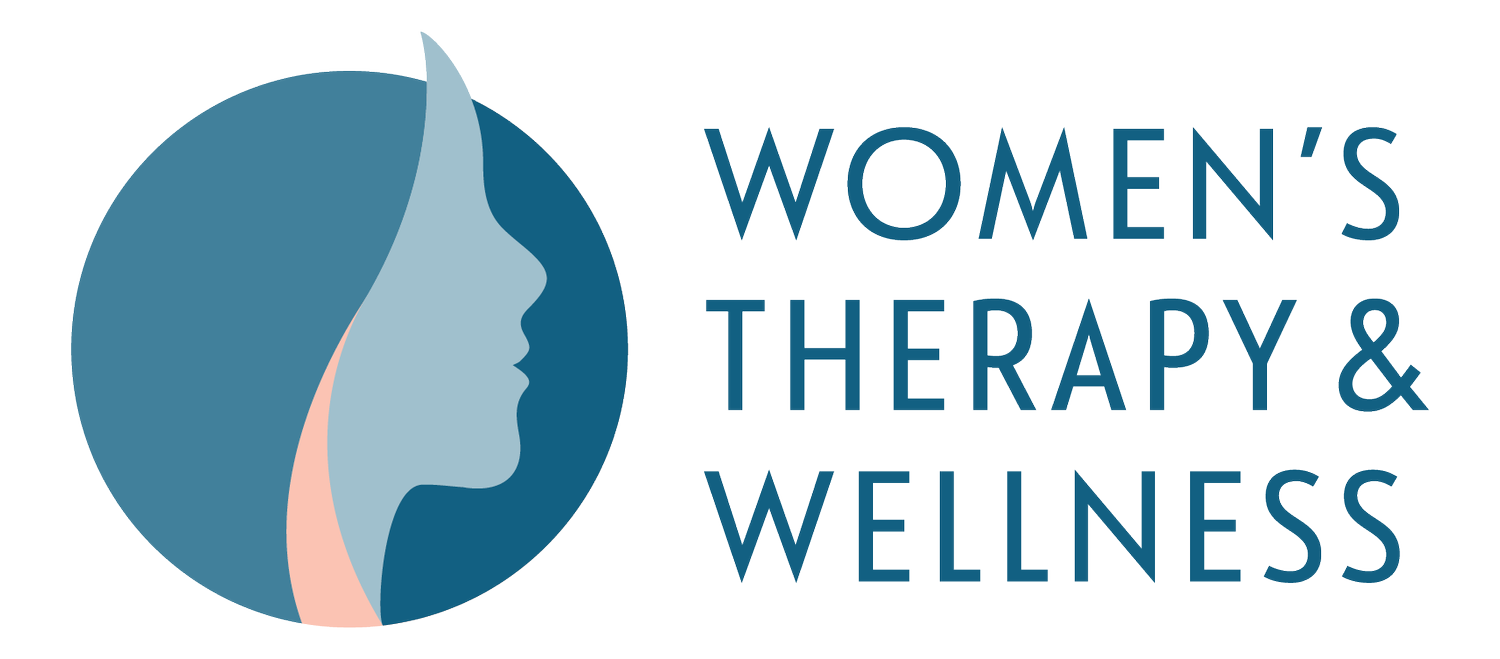Frequently Asked Questions
Do you provide in-person services?
= Currently, we only provide virtual telehealth services for clients.
Do you see clients in states other than Virginia?
= It depends on the provider. Katelin Buchanan is licensed in Virginia and California; Kristen Mahoney is licensed in Virginia and Washington, DC.
What age ranges do you see?
= We see clients 18 and older. If you are an adolescent interested in our services, contact us to discuss if our practice is a fit for you.
Do you take insurance?
= We are out-of-network providers and do not directly bill insurance for therapy sessions. Some benefits of paying privately include more privacy and more control in our work together; however, many insurance companies will cover our services as out-of-network providers. If you have a PPO, we can provide a “super bill” that you could submit to your insurance company for possible reimbursement. A super bill is a detailed record of payment with codes for the service that was provided along with our license number. We recommend calling your insurance provider to learn more about your out-of-network mental health benefits.
Do you accept Health Savings Account (HSA) or Flex Spending Account (FSA) as forms of payments?
= Yes, we can accept these forms of payment.
What is your cancellation policy?
= If you do not show up to your scheduled appointment and have not notified us at least 24-hours in advance, you will be charged the full rate for your scheduled service.
How do I know which clinician is right for me?
= We offer free 15-minute consultations so you can determine which clinician may be a fit for you.
Do you prescribe medication?
= As LPCs, we cannot prescribe medication; however, we are happy to make an appropriate referral to a psychiatrist and collaborate with the provider to ensure you get the best quality care possible.
What is a “Good Faith Estimate”?
= You have the right to receive a “Good Faith Estimate” explaining how much your health care will cost.
Under the law, health care providers need to give patients who don’t have certain types of health care coverage or who are not using certain types of health care coverage an estimate of their bill for health care items and services before those items or services are provided.
You have the right to receive a Good Faith Estimate for the total expected cost of any health care items or services upon request or when scheduling such items or services. This includes related costs like medical tests, prescription drugs, equipment, and hospital fees.
If you schedule a health care item or service at least three business days in advance, make sure your health care provider or facility gives you a Good Faith Estimate in writing within one business day after scheduling. If you schedule a health care item or service at least 10 business days in advance, make sure your health care provider or facility gives you a Good Faith Estimate in writing within three business days after scheduling. You can also ask any health care provider or facility for a Good Faith Estimate before you schedule an item or service. If you do, make sure the health care provider or facility gives you a Good Faith Estimate in writing within three business days after you ask.
If you receive a bill that is at least $400 more for any provider or facility than your Good Faith Estimate from that provider or facility, you can dispute the bill.
Make sure to save a copy or picture of your Good Faith Estimate and the bill.
For questions or more information about your right to a Good Faith Estimate, visit http://www.cms.gov/nosurprises/consumers, email FederalPPDRQuestions@cms.hhs.gov, or call 1-800-985-3059.
